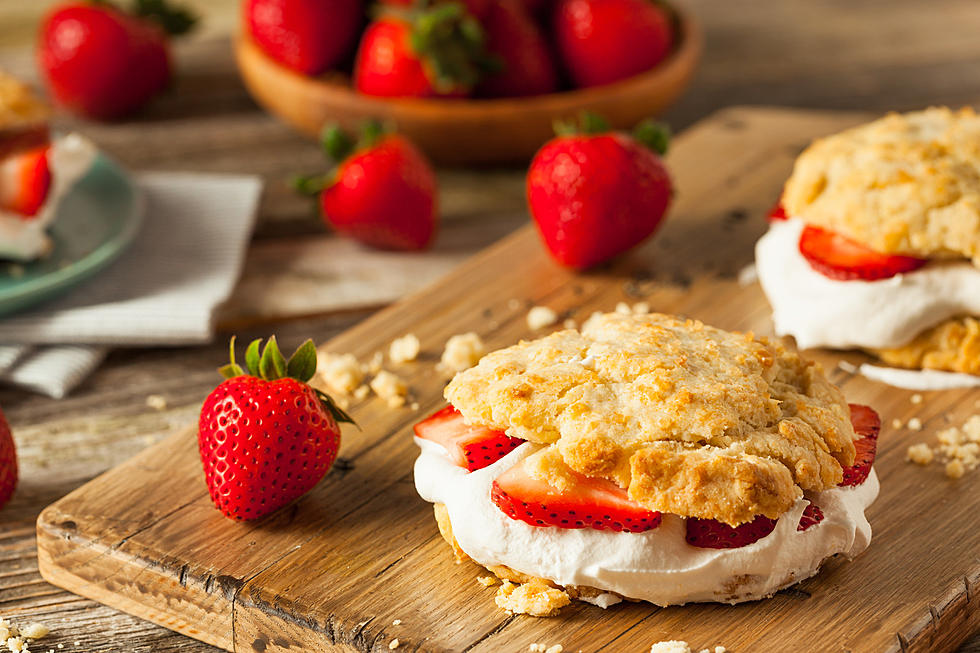This Traditional Greek Cookie Has Been Around Since Atlantis
Every year at Easter, Greek Orthodox Christians all over the world gather to celebrate one of the most important holidays of the year. It is a day rich in family traditions and delicious foods.
There are certain dishes that are a given. Roasted lamb is an established practice that comes directly from the Jewish Passover, in which God used Moses to tell his people to come together in small gatherings and sacrifice a lamb in each family. As a result, Jesus is referred to as "the lamb of God." Greeks have been observing this custom, to serve a roasted lamb at Easter since then.
The deep-colored red eggs are also an important part of the Greek Easter dinner. The vibrant red eggs represent the blood of Christ, while the egg itself symbolizes rebirth. Dyeing the eggs red is a long-established family custom taught and passed down through the generations. The brightly-colored eggs are used to decorate the holiday table, and then the family plays a fun game of cracking eggs known as tsougrisma to see whose egg is the strongest.

Greek Easter bread is known as tsoureki and is made using three braids of dough twisted to highlight the Holy Trinity. The flavor of tsoureki is so unusually delicious because two aromatic spices are used in the ancient recipe. Mastic and Mahlab, sold at ethnic grocery stores, are added to give the bread a one-of-a-kind taste. The mastic comes only from the island of Chios, which makes the custom more significant.
Lastly, our Easter feast needs to have the perfecting ending with homemade cookies called koulourakia. These Greek butter cookies are hand-braided and baked to a crispy golden on the outside and a soft, crumbly inside. Historians inform us that the koulourakia can be traced back to Crete during the Minoan civilization, 2600 BC, when the Minoans formed them like snakes because they worshiped the snake for its healing powers.
It's not too much of a stretch to think that koulourakia were around at the time when Plato mentioned the lost civilization of Atlantis, and whether it was real or a myth is secondary to the fact that Greek Easter koulourakia have deep family ties and customs that are rooted in antiquity.
More From WBSM-AM/AM 1420








![Doubling the Pleasure of Easter [PHIL-OSOPHY]](http://townsquare.media/site/518/files/2020/04/GettyImages-57403521.jpg?w=980&q=75)
